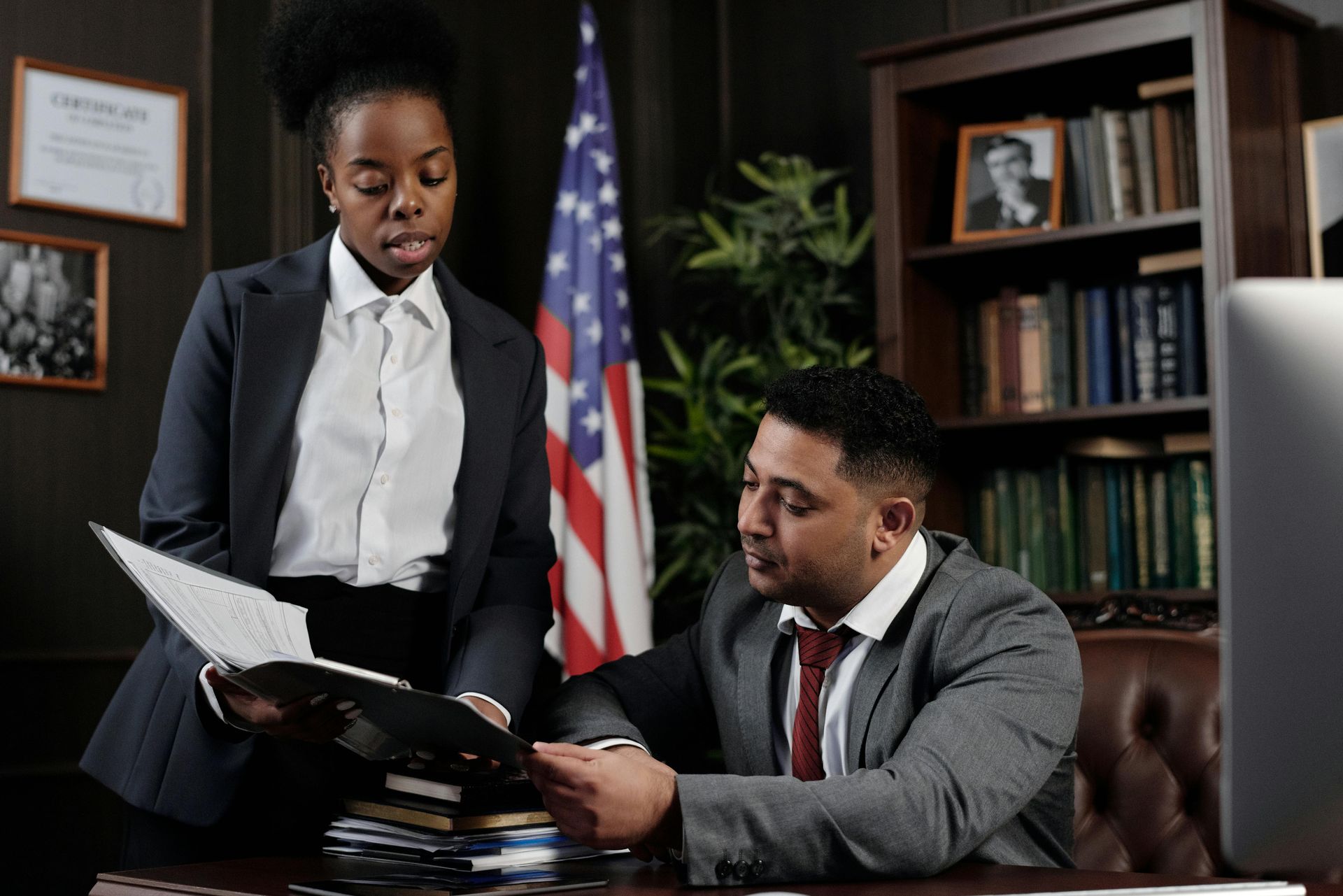Plan B: Alternative Paths to US Employment for F-1 International Students if H-1B Cap Selection is Missed

Gear Up for Back-to-School Season
For students seeking employment opportunities in the United States, enrolling in an academic program that offers Day 1 Curricular Practical Training (CPT) is another viable option. This would enable students to start working immediately, even as they continue their studies. Furthermore, students who have already secured a job offer may be able to work on CPT while awaiting the outcome of their H-1B petition in the annual cap. To take full advantage of this extended period, it would be wise to register for the H-1B cap lottery before the expiration of the OPT period.
Consider the L-1 Visa if you Work for a Multinational Company
As a viable option for professionals seeking long-term employment in the United States, working for a multinational company abroad for a year followed by an intra-company transfer via an L-1 visa can offer numerous strategic benefits. The L-1 visa, designed specifically for such transfers, allows employees of multinational corporations to move to a U.S. subsidiary, affiliate, or parent. The L-1 visa is characterized as a dual intent visa which allows for the flexibility to pursue both temporary work and study opportunities in the country, as well as long-term residency. It also has a validity period from 5-7 years. While this path requires the individual to work abroad for a year, it can prove to be a valuable long-term solution for working in the United States.
TN Visa for Canadian and Mexican Nationals
The TN visa is a nonimmigrant visa category that allows Canadian and Mexican citizens to temporarily work in the United States in certain professional occupations, as listed under the United States-Mexico-Canada Agreement (USMCA). The requirements for a TN visa include a job offer from a U.S. employer, a pre-arranged full-time or part-time job in one of the eligible professions, a bachelor's degree or its equivalent, and proof of professional qualifications. The validity period for a TN visa varies depending on the length of the job offer, but it can be issued for up to three years and can be renewed indefinitely.
Entrepreneurs and Investors
For those who are more entrepreneurial, the E-1 and E-2 visas, on the other hand, are designed for individuals engaged in international trade with the U.S. These visas allow for the holder to work in the U.S. while conducting substantial trade between the U.S. and their home country. Each of these visas offers unique opportunities and requirements, and it's important to consult with an immigration attorney to determine which is the best fit for your individual circumstances.
Apply for a Dependent Work Permit
For individuals who are married, spousal visa options may also be a feasible alternative. The H-4 Employment Authorization Document (EAD) allows eligible spouses of H-1B visa holders to obtain permission to work in the U.S. as long as the principal spouse has an approved I-140. Meanwhile, the L-2 and E-2 dependent visas are options for spouses of L-1 and E-2 visa holders respectively. Unlike the H-4, which requires the principal H-1B spouse to have an approved I-140D, L-2 and E-2 spouses are considered work-authorized incident to status and need not apply for an employment authorization document. These spousal visas can provide a significant source of income and support for the family as the primary visa holder establishes themselves in the U.S.
Conclusion
It is important for students to consider all of their options and work with an experienced immigration attorney to determine the best course of action. While the H-1B cap can be a frustrating and challenging process, there are still paths to success for international students. With careful planning and perseverance, students can achieve their goals and build a successful career in the United States.
Disclaimer: This article is for informational purposes only and should not be considered legal advice. It is highly recommended to seek the advice of an immigration lawyer before making any decisions.
Flavia Lloyd
Similar Posts








